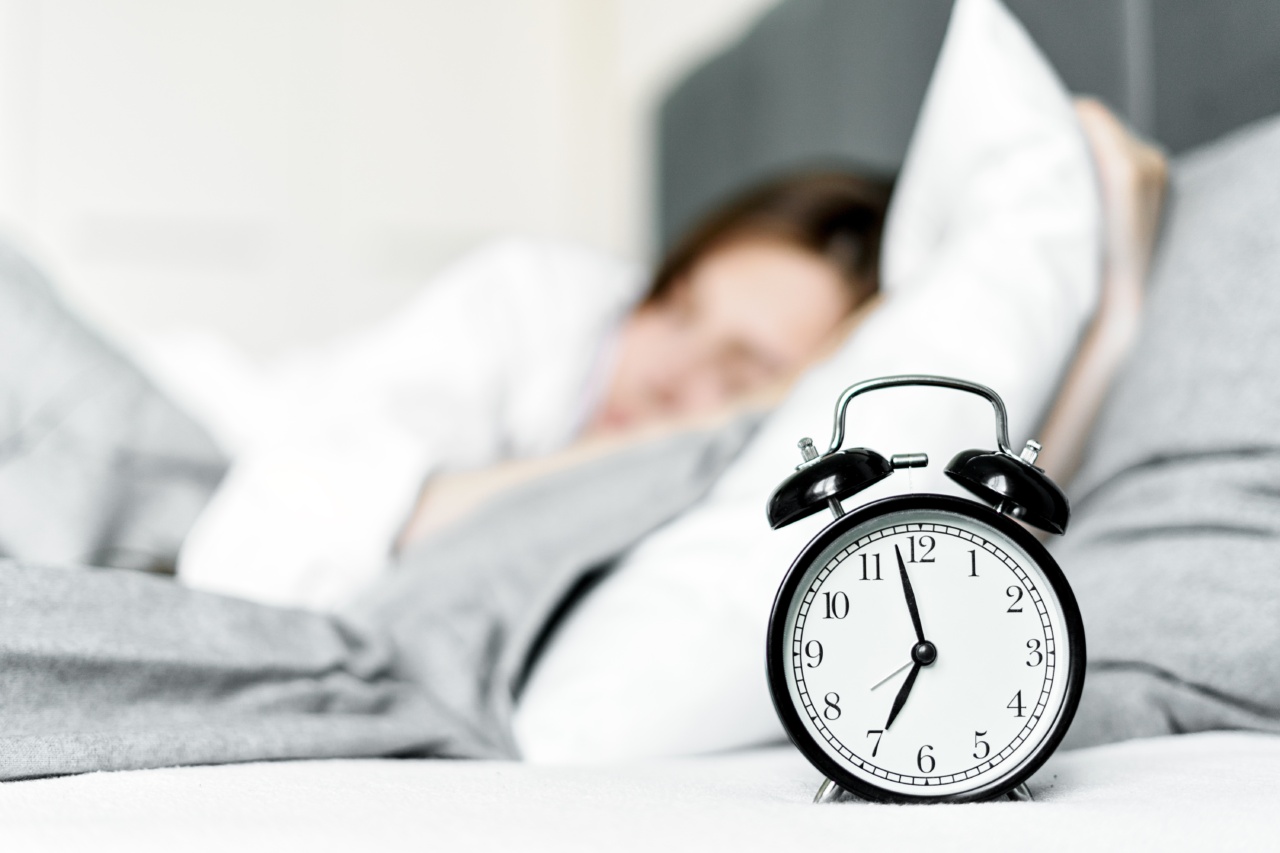Sleep is essential for good physical and mental health. Unfortunately, many people sacrifice sleep for work, study, or social activities.
They often live with the misconception that sleep is just a luxury, and they can function perfectly fine on little rest. The truth is that consistently sleeping less than six hours can lead to several health problems. This article will explore the dangers of sleeping less than six hours and the consequences of chronic sleep deprivation.
Sleep Deprivation and Your Brain
Research studies show that a lack of sleep negatively affects cognitive processes. People who sleep less than six hours have trouble concentrating, reasoning, and making decisions.
Brain fog, forgetfulness, and moodiness are common symptoms of sleep deprivation. Even small deficits of sleep can impair performance at work and school, making it difficult to complete tasks, learn new information, or simply keep up with college coursework or a demanding job.
Sleep Deprivation and Your Mood
Many people who are chronically sleep-deprived often feel irritable, anxious, and stressed. Chronic sleep deprivation can lead to chronic fatigue syndrome, which causes people to feel constant tiredness and irritability.
Moreover, sleeping less than six hours disrupts your body’s internal clock and decreases production of hormones that regulate mood, such as serotonin and dopamine. Over time, short-term sleep deprivation can lead to chronic depression and anxiety. Getting enough sleep is critical for maintaining good mental health.
Sleep Deprivation and Your Heart
Chronic sleep deprivation increases the risk of high blood pressure, heart disease, and stroke. Studies show that sleeping less than six hours at night raises the risk of high blood pressure by 45% compared to adults who sleep seven to eight hours.
Moreover, sleep deprivation increases the level of stress hormones, such as cortisol, which can lead to inflammation and damage to the blood vessels of your heart. Over time, this damage increases the risk of heart attacks, heart disease, and heart failure.
Sleep Deprivation and Your Weight
People who sleep less than six hours are more likely to be obese or overweight. Sleep deprivation decreases the production of hormones that regulate appetite, namely, leptin and ghrelin.
Leptin signals your brain when you are full, while ghrelin signals hunger. When you don’t get enough sleep, leptin levels decrease, and ghrelin levels increase. This makes you feel hungrier and less satisfied with the food you eat.
Over time, this can lead to overeating and weight gain, which increases the risk of obesity and metabolic syndromes.
Sleep Deprivation and Your Immune System
One of the critical functions of sleep is that it boosts the immune system. A good night’s sleep helps your body fight off infections and diseases.
Chronic sleep deprivation can weaken the immune system, making you more prone to infections, colds, and flu. Moreover, sleep deprivation leads to increased inflammation in your body, which can damage your cells and increase the risk of chronic diseases, such as cancer, heart disease, and Alzheimer’s disease.
Sleep Deprivation and Your Safety
Sleep deprivation increases the risk of accidents and injuries. Drowsy drivers cause more than 100,000 crashes each year, resulting in injuries and deaths. Similarly, sleep-deprived workers are prone to accidents and errors at work.
In many jobs, such as healthcare, transportation, manufacturing, and construction, sleep deprivation can put people’s lives at risk. Getting enough sleep is critical for safety and preventing accidents.
How to Get More Sleep
Getting enough sleep every night is crucial for good physical and mental health. The National Sleep Foundation recommends that adults need seven to nine hours of sleep each night to function correctly. Here are some tips for getting more sleep:.
- Set a regular sleep schedule and stick to it every day
- Avoid caffeine, nicotine, and alcohol in the evening
- Create a sleep-conducive environment: a dark, cool, and quiet bedroom
- Avoid using electronic devices, such as smartphones, laptops, or TVs in the bedroom
- Try relaxation techniques, such as meditation, yoga, or deep breathing before bedtime
- If you have trouble sleeping, talk to your healthcare provider about possible medical conditions, such as sleep apnea, that may be disrupting your sleep pattern
The Bottom Line
Sleep deprivation is a serious health problem that affects millions of people worldwide. Chronic sleep deprivation can lead to cognitive impairment, mood disorders, heart disease, weight gain, immune system dysfunction, and safety risks.
Getting enough sleep is essential for maintaining good physical and mental health. If you’re having trouble sleeping, take steps to create a sleep-conducive environment, avoid electronics in the bedroom, and talk to your healthcare provider about possible medical conditions that may be disrupting your sleep pattern.



























